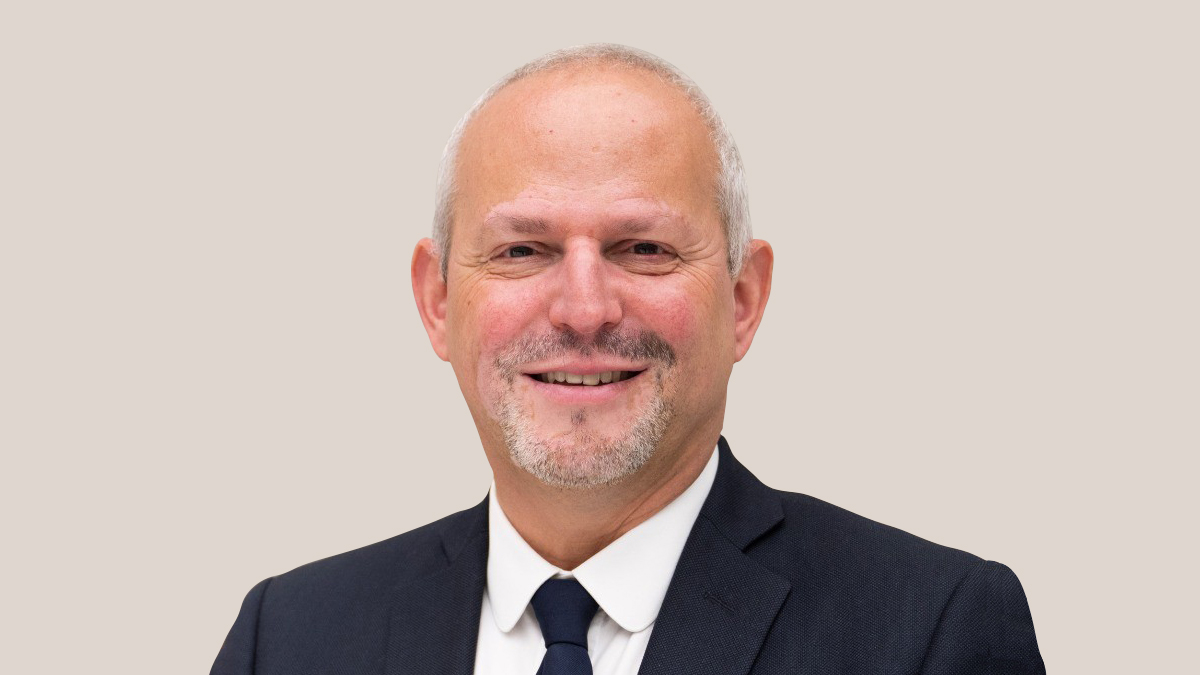
Jérôme Salomon: New WHO report reveals governments deprioritizing health spending
Jérôme Salomon, Assistant Director General ADG SDG at the World Health Organization, shared a post on LinkedIn:
“New WHO report reveals governments deprioritizing health spending.
12 December 2024.
The 2024 Global Heath Expenditure Report by the World Health Organization (WHO) shows that the average per capita government spending on health in all country income groups fell in 2022 from 2021 after a surge in the early pandemic years.
The report entitled, ‘Global spending on health Emerging from the pandemic’ has been published in alignment with the Universal Health Coverage UHC Day campaign marked annually on 12 December. The campaign’s focus for 2024 is on improving financial protection for people everywhere to access health services they need.
Government spending on health is crucial to delivering UHC.
Its deprioritization can have dire consequences in a context where 4.5 billion people worldwide lack access to basic health services and 2 billion people face financial hardship due to health costs.
‘While access to health services has been improving globally, using those services is driving more and more people into financial hardship or poverty. Universal Health Coverage Day is a reminder that health for all means everyone can access the health services they need, without financial hardship,’ said Dr. Tedros Adhanom Ghebreyesus, WHO Director-General.
Who’s paying for healthcare?
Protecting people from financial hardship due to out-of-pocket health costs is fundamental to achieving health for all.
Yet, WHO’s report shows that out-of-pocket spending remained the main source of health financing in 30 low- and lower middle-income countries.
In 20 of these countries, more than half of total health spending in the country was paid for by patients out of their pocket, which contributes to the cycle of poverty and vulnerability.
The challenges posed by the lack of financial protection for health are not limited to lower-income countries. Even in high-income countries, out-of-pocket payments lead to financial hardship and unmet need, particularly among the poorest households.
Most recent health accounts data show that in over a third of high-income countries, more than 20% of total health spending was paid out-of-pocket.
On the occasion of UHC Day, WHO is calling on leaders to make UHC a national priority and eliminate impoverishment due to health-related expenses by 2030.
Effective strategies to strengthen financial protection include minimizing or removing user charges for those most in need, including people with low incomes or chronic conditions, adopting legislation to protect people from impoverishing health costs and establishing health financing mechanisms through public funding to cover the full population.
Public funding needs to budget for an affordable package of essential health services – from health promotion to prevention, treatment, rehabilitation and palliative care – using a primary health care approach.”
More posts featuring Jérôme Salomon.
-
Challenging the Status Quo in Colorectal Cancer 2024
December 6-8, 2024
-
ESMO 2024 Congress
September 13-17, 2024
-
ASCO Annual Meeting
May 30 - June 4, 2024
-
Yvonne Award 2024
May 31, 2024
-
OncoThon 2024, Online
Feb. 15, 2024
-
Global Summit on War & Cancer 2023, Online
Dec. 14-16, 2023
